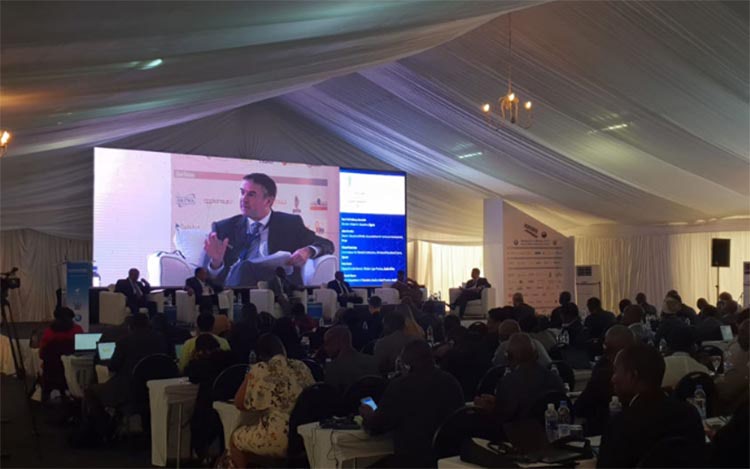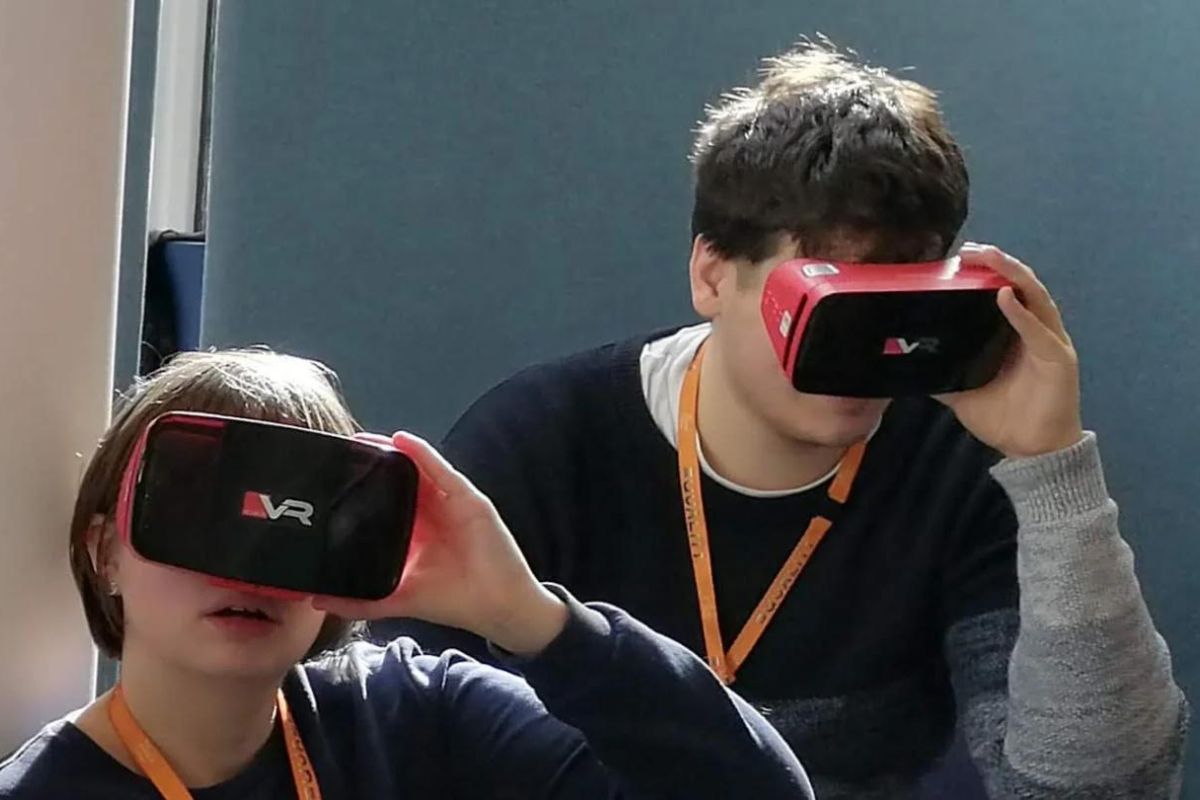UK led education research helps shape thinking at African leaders’ summit

At a meeting of African leaders last week (28th – 30th November), education research from UK-based Education Development Trust has ignited debate and focused minds of the future of education in the region, drawing on experience and learnings from across the world.
Held in Harare, Zimbabwe, Senior Government officials and Ministers from over 40 countries gathered at Innovation Africa to explore pan-African education challenges and opportunities.
Innovation Africa is recognised as the continent’s leading ministerial forum to share ideas, best practice and innovation, helping to meet the ambitions of individual countries.
Education Development Trust has a long-established presence in Africa – running programmes since 1992 – and have worked with a range of governments, donor agencies and partners to improve education across the continent, delivering short-term consultancy as well as long-term, national programmes such as our DFID-funded Girls’ Education Challenge programme in Kenya, which is one of the most effective in the world, as well as the Building Learning Foundations programme, working with every government primary school in Rwanda.
All research knowledge is applied to country specific contexts. In Zimbabwe, Education Development Trust is in discussions with the Zimabwean Ministry about ways it can support their ambitious education reform goals.
Zimbabwe’s Vision 2030 includes ambitious plans to construct an additional 2,000 schools as well as putting in place a nationwide programme to ensure WiFi connectivity in all educational institutions.
Education Development Trust offers insight for African Leaders in approaching such a goal, drawing on recent research about the potential of ICT to enhance teacher professional learning. Looking at six promising examples in low income contexts, we offered a number of approaches including the use of mobile phones in places such as Nigeria and Pakistan to deliver training and resources to teachers.
Patrick Brazier, Chief Executive of Education Development Trust said:
“Technology has huge potential but it is not the silver bullet that will solve all the challenges facing education in Africa. Any intervention should be designed with the ultimate goal of improving learner outcomes and technology should be seen as a means to do this, rather than an end in itself”
Opening African leaders’ day, Patrick Brazier provided insights into successful education reform across the globe. His comments drew on Education Development Trust’s experience as a research and evidence led international organisation and outlined how countries with limited education budgets can avoid the pitfalls of large-scale ICT roll-out.
He said:
“Resources should not be a barrier to improving learning outcomes. This is best exemplified by Vietnam, with its developing economy, has raised its education standards significantly.
Despite an economy that ranks as 49th in the world, the PISA education international league table, indicates that Vietnamese 15-year olds perform better than their peers in far more affluent nations, including the UK, Germany, France and the US. This shows that ultimately budget constraints should not limit ambition.”
Innovation Africa
The 8th Innovation Africa takes place in Zimbabwe in 2018, under the official patronage of the Government of Zimbabwe led by the Ministry of Primary & Secondary Education.
Innovation Africa 2018 is firmly established as the continent’s number one high level ministerial forum where industry partners enjoy pre-scheduled meetings and committed engagement with ministers and senior government officials from over 40 countries.
Education in Zimbabwe
As part of Zimbabwe’s Vision 2030 the country requires the construction of up to an additional 2,000 schools and to implement a nationwide program to ensure WiFi connectivity in all educational institutions. Zimbabwe is implementing a new competence-based curriculum and accordingly wishes to work with partners who can assist with increasing capacity, professional teacher development, creation of e-content and introducing technology and devices in the classroom.
Zimbabwe wishes to be seen as a regional leader for gender equality, inclusiveness and special needs. It’s Education 5.0 strategy is dedicated to teaching, developing digital skills, innovation and technical and vocational skills for industry.
About Education Development Trust: We have been transforming lives around the world by improving education for 50 years. Whether we are working with governments on national educational reform or directly with clusters of schools to effect positive change, our specialist knowledge means we design and deliver effective, far-reaching, sustainable education solutions tailored to the local context.
We invest annually in our programme of educational research because it matters to us that policymakers make informed decisions and that teachers benefit from the latest best practice. Our research underpins our work and we are passionate about being part of the education debate.
We have a long-established presence in Africa – running programmes since 1992 – and have worked with a range of governments, donor agencies and partners to improve education across the continent, delivering short-term consultancy as well as long-term, national programmes. We have specialist expertise in sustainable school system reform at scale – from improving pupil enrolment and retention to training teachers and advising government ministries. Our educationalists are experienced in leading complex programmes in challenging environments and we regularly work with like-minded organisations to ensure we maximise our impact












Responses